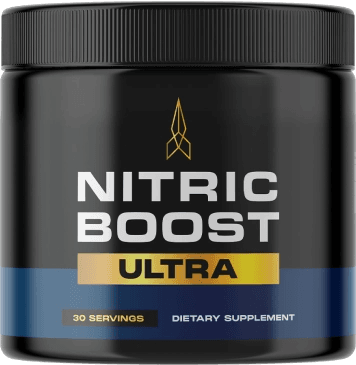While exercise gets all the glory for building fitness, rest and recovery are the unsung heroes that allow your body to repair, strengthen, and perform better. Ignoring recovery can lead to burnout, injuries, and stalled progress.
This article explores why rest is essential, different types of recovery, and how to incorporate them into your routine.
🛌 Why Rest and Recovery Matter
Exercise causes micro-damage to muscles and stresses your nervous system. Recovery gives your body time to:
- Repair muscle fibers and build strength
- Replenish energy stores (glycogen)
- Restore hormonal balance
- Prevent overuse injuries
- Reduce mental fatigue and improve motivation
Without adequate recovery, the risk of overtraining syndrome rises, characterized by fatigue, poor performance, and irritability.
🧠 Types of Recovery
1. Passive Recovery
- Complete rest, no physical activity
- Ideal after intense training or injury
2. Active Recovery
- Low-intensity activities like walking, gentle yoga, or swimming
- Helps increase blood flow and reduce muscle soreness
3. Sleep
- The most critical recovery component
- Deep sleep stages are when growth hormone is released for muscle repair
- Aim for 7–9 hours per night
4. Nutrition
- Protein for muscle repair
- Carbohydrates to replenish energy
- Hydration for cellular function
🧴 Recovery Techniques
- Foam rolling and massage: Release muscle tightness
- Stretching: Maintain flexibility and reduce stiffness
- Cold therapy (ice baths or cold showers): Reduce inflammation
- Compression garments: Improve circulation and reduce swelling
- Mindfulness and relaxation: Reduce stress hormones and aid mental recovery
⚠️ Signs You Need More Recovery
- Persistent muscle soreness lasting more than 72 hours
- Decreased performance or motivation
- Increased resting heart rate or fatigue
- Sleep disturbances or mood changes
- Frequent illness or injury
🗓️ How to Build Recovery into Your Routine
- Schedule rest days (at least 1–2 per week)
- Use active recovery on light days
- Prioritize sleep hygiene (consistent schedule, cool dark room)
- Eat a balanced diet rich in whole foods
- Listen to your body and adjust intensity when needed
✅ Final Thoughts
Rest and recovery aren’t optional—they’re vital parts of your fitness journey. Balancing hard work with smart recovery strategies ensures you stay healthy, strong, and motivated for the long haul.




